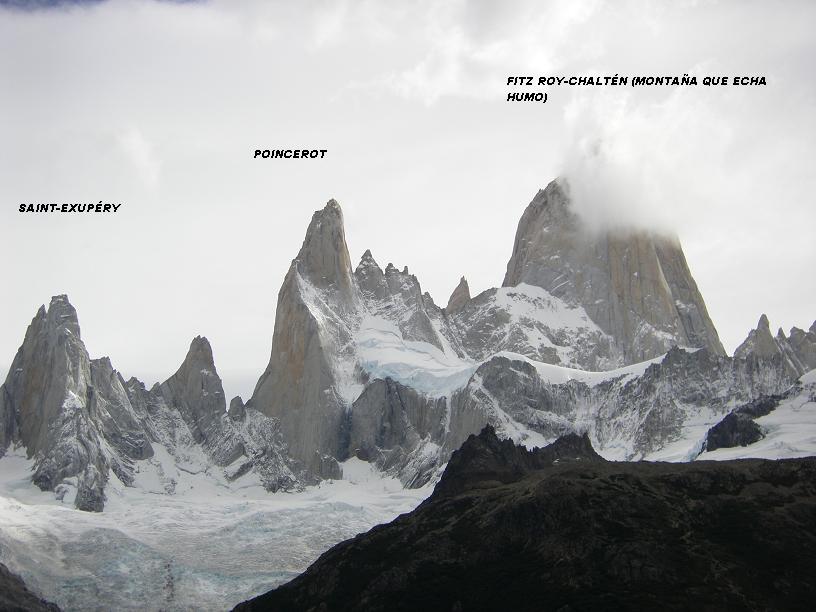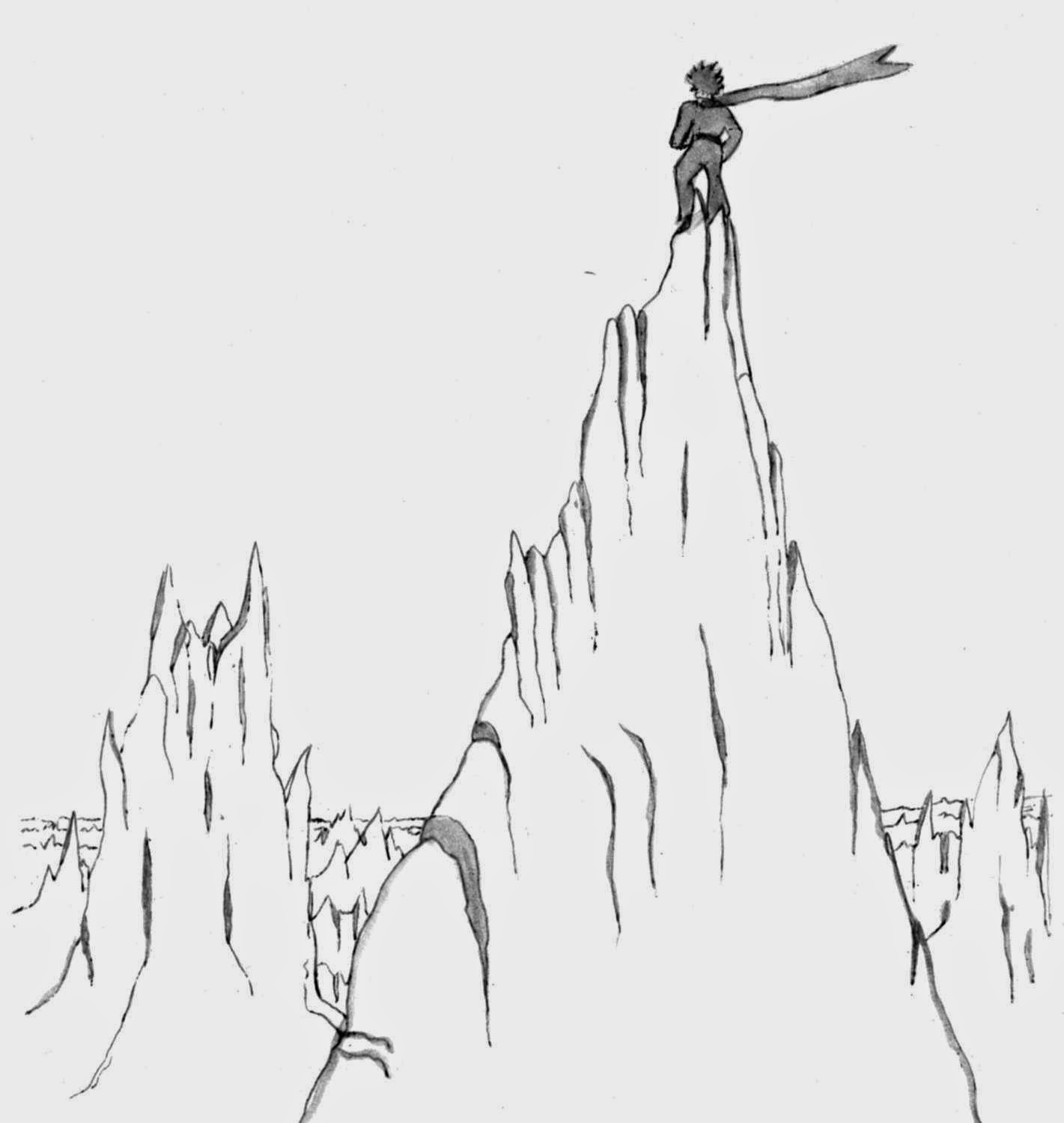The curtains on every bus I took around Uruguay opened to green, rolling and rocky views - unexpected mountains, extensive grasslands. A nation of grasslands. To me, agriculture gives the country some coherence. But there’s a lot more to say than that, or that it’s the Switzerland of South America, or the country that elected as president a former guerrilla named Jose Mujica. The Uruguayan puzzle I've started to put together is part traditional mindset, part progressive politics - and part something else I haven't found yet.
Over two months, I stayed in the capital, Montevideo; a mid-sized city, Salto; a large coastal town, La Paloma; and a tiny coastal town, Punta del Diablo, that in the summer swells to a resort. I passed through two other mid-sized cities, Tacuarembo and Rocha. In all of these places, I was struck by the general homogeneity of the houses. In Montevideo, of course, there are luxury towers and beautifully preserved (or elegantly crumbling) old palaces; but in general, people live in small, one- or two- story cement houses. Bars on the windows, and gates to a courtyard; maybe a place to park a car. It’s a place where people have enough money to live and maybe go on vacation in January, and maybe buy their kids Samsung cellphones (iPhones are rare here) - but the luxury is not apparent as it is in Buenos Aires. I’m sure that if I spent time in Punta del Este or more time in Montevideo, my view would be complicated. But from what I hear, read, and understand, Uruguay is just chugging along.
Before I came south, I had subscribed to Google alerts for Uruguay that had made me think that the country would be booming. My inbox was full of links to World Bank press releases and the Uruguayan Investment and Export Promotion Agency’s home page: a solar plant here, a wind power plant there, a proposal for an open pit iron mine that had passed an intensive social and environmental impact assessment.
I see more problems in those stories than I did before. After being to Pilar’s ranch in Salto, the timber forests that push at the edges of pastures seems sinister. After spending time in La Paloma and Punta del Diablo and the wild beaches further north, the thought of a deep water port (since put on hold!) in the middle of that beautiful coastline, one that Brazil and Bolivia would use, too, seems short-sighted. There’s not enough need to justify it; there’s too much wilderness to permit it.
And what people told me is that there aren’t enough people to do the work projected for those big projects, either. “People don’t have the same values as they used to,” I kept hearing. Because the government gives out social security to people under a certain income level, they don’t bother to work, I was told. Pilar has a real labor shortage on her ranch. “There’s money to be made, but only for who wants it,” the hostel owners in La Paloma said. For anyone else, the government can supply enough to buy mate and cigarettes and beer.
I don’t know the details of any development projects well enough to say for sure - perhaps sustainability is truly taken into account, perhaps they projects will create jobs that will boost people’s livelihoods, maybe the new infrastructure would be a blessing for everyone. The roads are invariably bad, in cities and in country. “We’re really still a developing country,” I kept hearing, “Have you seen our roads?”
***
On my last day in Uruguay, I went to a conference about Benefit Corporations, or companies that are required, by charter, to seek not only economic but social and environmental impact. In the conference room of a sponsoring law firm in Montevideo, we heard about the history of B Corps, the story of the first certified Uruguayan B Corp, and the beginnings of a process to create a legal framework for B Corps in Latin America.
The coordinators of the Uruguayan hub, which currently consists of two companies, said that Uruguay could be a good place for more B corps to grow. It’s small and progressive enough to change legal frameworks and business culture within its borders, they said, and can then influence other countries in the region. At the coffee breaks people drank organic tea produced by an Argentine B Corps and took notes on their iPhones. The organizers were pleased with attendance - not just “save the earth types,” they said at lunch afterwards, but lawyers and businessmen, the people who have the tools to change the legal frameworks and push industry to seek that triple bottom line (financial, social, and environmental).
In the evening, I met up with one of the organizers and her boyfriend. They were sitting at a corner bar in their neighborhood, wearing yoga pants and jorts, respectively, drinking mate and beer. We ordered sliders. She is Uruguayan but was raised in the US. She told me that coming back to Uruguay has brought her back to the basics, in a good way, but that Montevideo feels sleepy, for 20-somethings who are working in movements to change how the world works. Uruguayans may allow progressive policies to pass in their legislature, but in the end, she said, this is a place where you buy the same type of squash from the same corner grocery for thirty years without wanting to change it up.
I’m in Rio de Janeiro now. Last night, I went to a party hosted by a group of young Brazilians who work in city government, congress, and a grassroots community organizing association. Before we arrived at their door, they had been hosting a meeting for a campaign to block a law that would lower the age of criminal responsibility and send more teenagers to Brazil's dangerous prisons.
For the rest of the night, even as the sangria bowl emptied and the music pulsed louder, people wore bright red and green stickers on their t-shirts: Amanhecer contra a Redução, or "A new day against reducing the age." The whole campaign had been inspired, a friend told me, by how youth had mobilized and prevented a similar law from passing in Uruguay.





